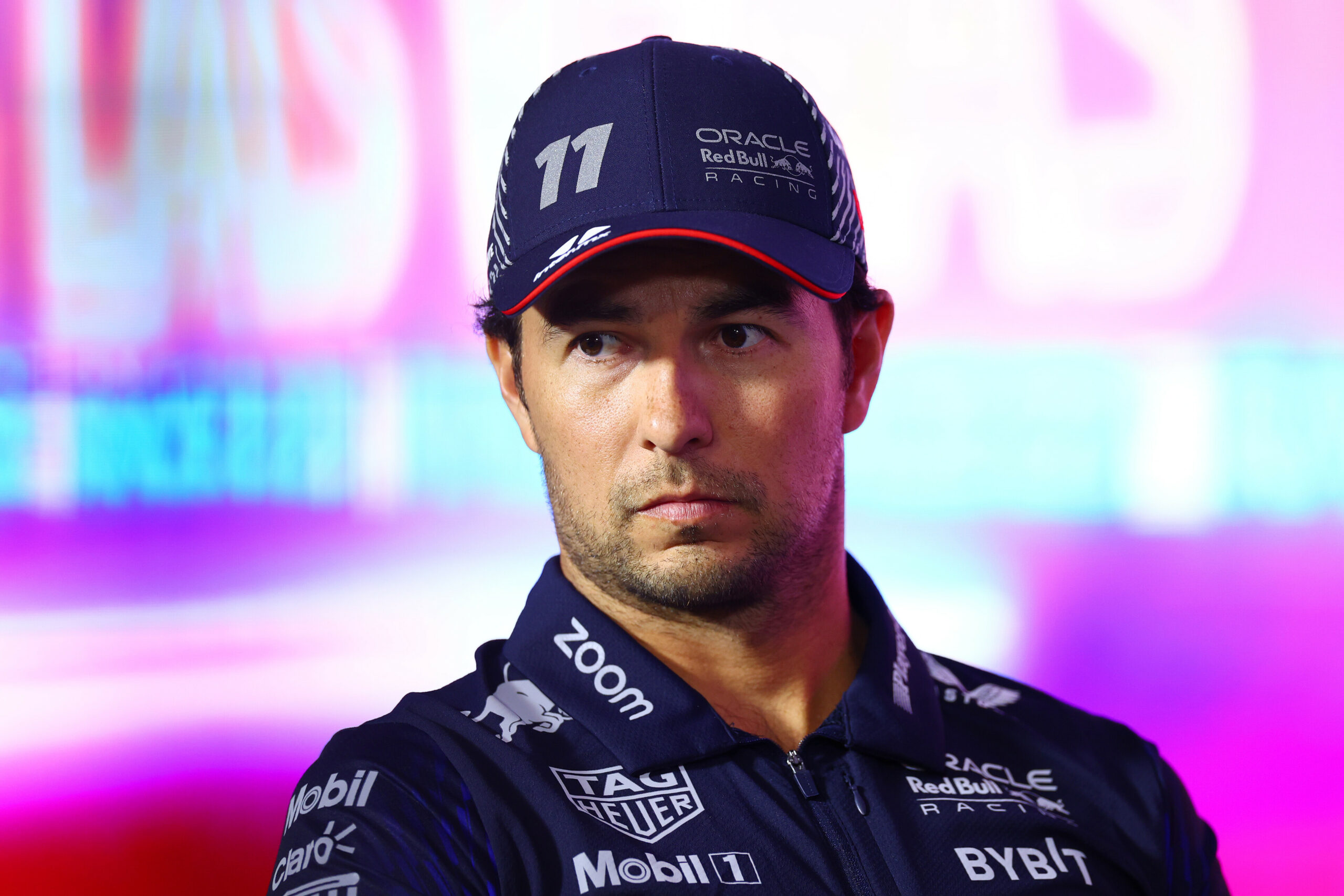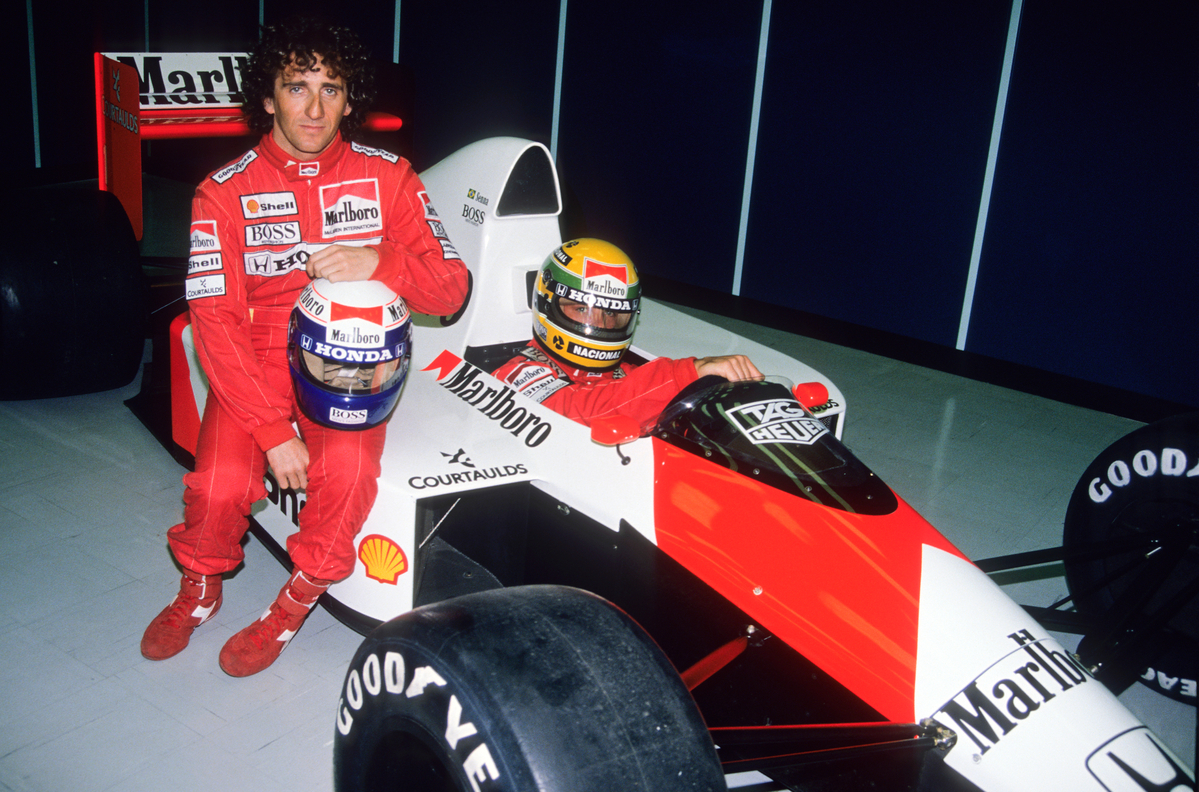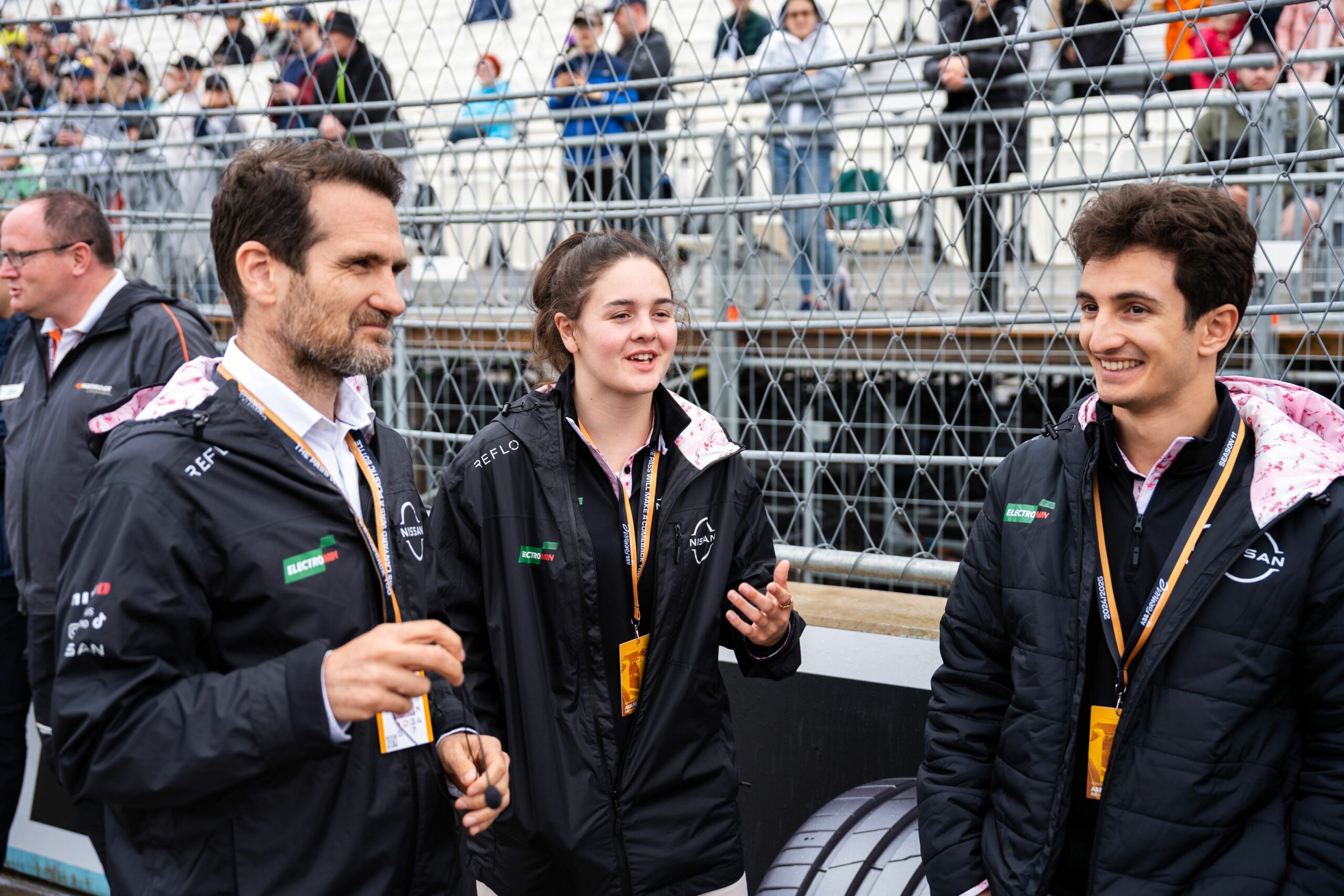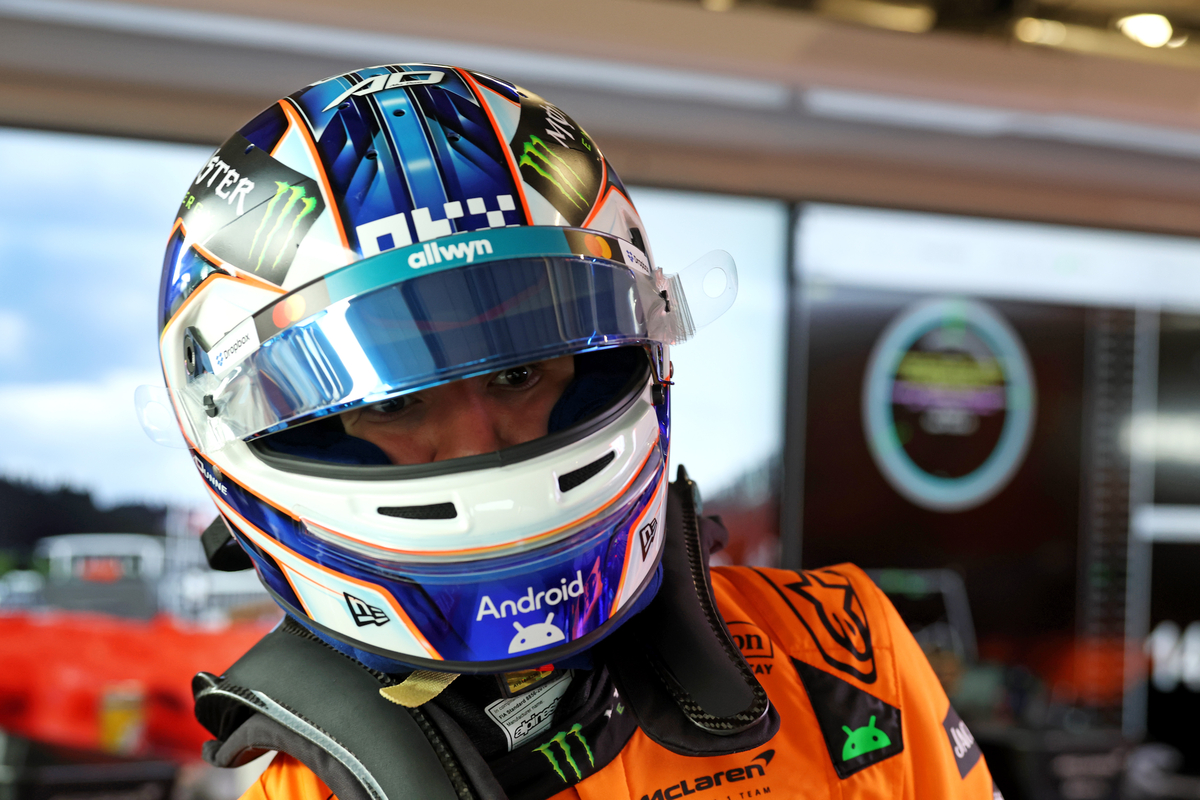Fans look forward to race weekends and sometimes even say they are bored during non-race weeks, but it is sometimes forgotten that these are the occasions when drivers and team members can rest.
The people who attend every Grand Prix of the year spend around 200 hours a year in planes, add to that the rest of the transfers and don’t forget that they hop from continent to continent just like any of us go to spend a weekend in the countryside.
But what are the consequences for the people who work in the paddock, and what are the consequences for the riders? Especially during this weekend in Las Vegas, whose schedules and weather present a challenge that many have not faced before.
With a 9-hour time difference to central Europe, some of the drivers shared how jetlag affects them.
As with everything, some things affect some more than others and those who seem to be most affected by the jetlag phenomenon are Fernando Alonso, Oscar Piastri, Sergio Perez and Yuki Tsunoda.
The two-time world champion and veteran of the grid was very brief and concise on the subject: “No, it’s not OK, it’s not OK. But it’s the way it is. It’s a tough sport. This is not football.”
For his part, the Mexican driver conceded that with the lack of training, jetlag sometimes presents a challenge for him: “We try to prepare our best to do this sort of demanding schedule with the travelling, with a lack of training. It’s obviously very hard to keep up with the training, with the training time. So just a little bit harder, and yeah, it’s just a very busy part of the of the year.”
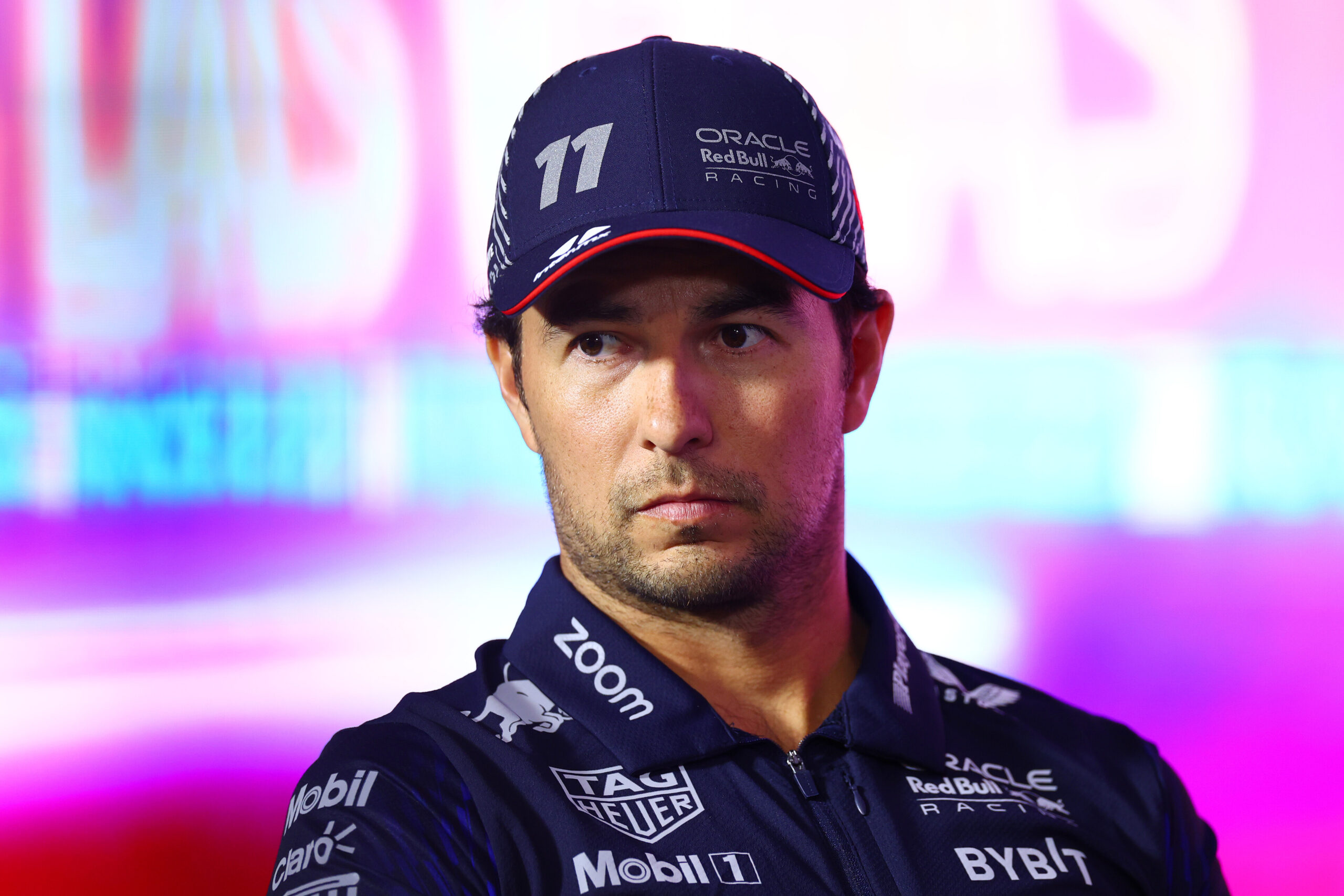
Photo Credit: Red Bull Content Pool
Up to this point, one might think that the aforementioned drivers, being the oldest and fourth oldest on the grid respectively, the changes are age related.
However, the Japanese driver who is one of the youngest on the grid, also accepted to be affected by this phenomenon, although he hopes that as soon as he gets into the car, everything will be fine.
Tsunoda almost mentioned how tough it will be to prepare for Abu Dhabi with a long flight to come to get to the Middle East.
“Yeah, I’m currently quite sleepy. So, for me it’s hitting a little bit. But yeah, I mean, jetlag… from the last three years for me, you get used to it. And Abu Dhabi, I don’t know how much difference, but yeah, should get used to it. I mean, as soon as I drive, it should be OK.”
Oscar Piastri also spoke about the schedule in Las Vegas and said it is a struggle for everyone.
However, like many of his colleagues, he seems to be of the opinion that as soon as he drives, the fatigue will fade away: “I think that’s going to be a bit of a struggle for everyone.”
“Even when I saw the schedule, you know, arriving at the track at, today for example, arrived at the track at five o’clock when it’s already dark messes with your head a little bit,” said Piastri of the Las Vegas schedule.
“And going to bed at four or five in the morning, trying to sleep through the day effectively when your body clock is trying to do the complete opposite, it’s a challenge.
“Driving an F1 car at 350km/h between the walls usually keeps you awake pretty well as well, so I’m sure that’ll help!
“But yeah, it’s definitely put a lot of people’s sleep schedules and jetlag management to the test.”
On the other hand, there are the people who don’t seem to have a problem with it and one example of this is the seven-time champion, Lewis Hamilton, who says that although it is sometimes tough, he doesn’t see it as a problem, and he also mentions the other people who go to every Grand Prix during the year.
“I personally have not found it a problem: still managed to keep the training up and I feel great at this point in the year. Saw the drivers in there before, all complaining about the jetlag.
“I think I’ve always just tried to be conscious of the mechanics and all the people that work… everyone in this room and everyone in the teams that are moving around and away from their families a lot.
“That’s probably the hardest thing from their perspective but they wouldn’t want to be anywhere else, I’m pretty sure they love what they do, as do I.”
On the side of those who seem to be less affected by it, Pierre Gasly also said that coaches, doctors and adrenaline all play a role in counteracting the schedule changes, whilst admitting Abu Dhabi is likely to be brutal:
“Well, so far I don’t have any problem with jetlag, I fell asleep at 6am last night and woke up at two this morning, I mean 2pm, so that was fine.
“But I think next week is going to be a big challenge. So try to follow my jetlag plan as much as we can. We’re supported by doctors, performance coach etc. So everyone’s trying their best to give us the best preparation and you don’t tackle the jetlag the day you’re moving here.
“I know I’ll enjoy the last bit of racing in Abu Dhabi and I’ll miss it for the next two months. So I’m sure with the adrenaline, I’ll be fine.”
McLaren’s young British driver, Lando Norris, also said he felt good about it.
“I think it’s always been in F1. Of course, it’s a big shift and stuff like that. But I’m alright. I’m still young, thankfully. I’m a bit older now but compared to this guy right here [Fernando]…. Maybe he struggles a little bit more than I do with not getting eight hours in. But yeah, we all have to do the same things.”
Finally, to close the questions regarding jetlag, Spaniard Carlos Sainz said that he is not doing so well these days, but that as soon as he gets in the car, the coffees and caffeine shots will do their job: “Yeah, I think once comes Friday, Saturday, Sunday, caffeine shots, espressos or adrenaline that is needed to drive an F1 car normally removes the jetlag. I struggle more these days, on long Thursdays. This is where I start to struggle a bit more.”
The drivers and paddock members are facing a very different temperature to what they regularly experience when racing, with tracks that normally have a temperature of 35°c, this weekend could be as low as 18°c, a feature that, coupled with the lack of sleep, will make the Las Vegas Grand Prix a challenge for all.
However, they know it is the last push to get to the final race of the season, and they all look set to leave it all on the streets of Las Vegas.

